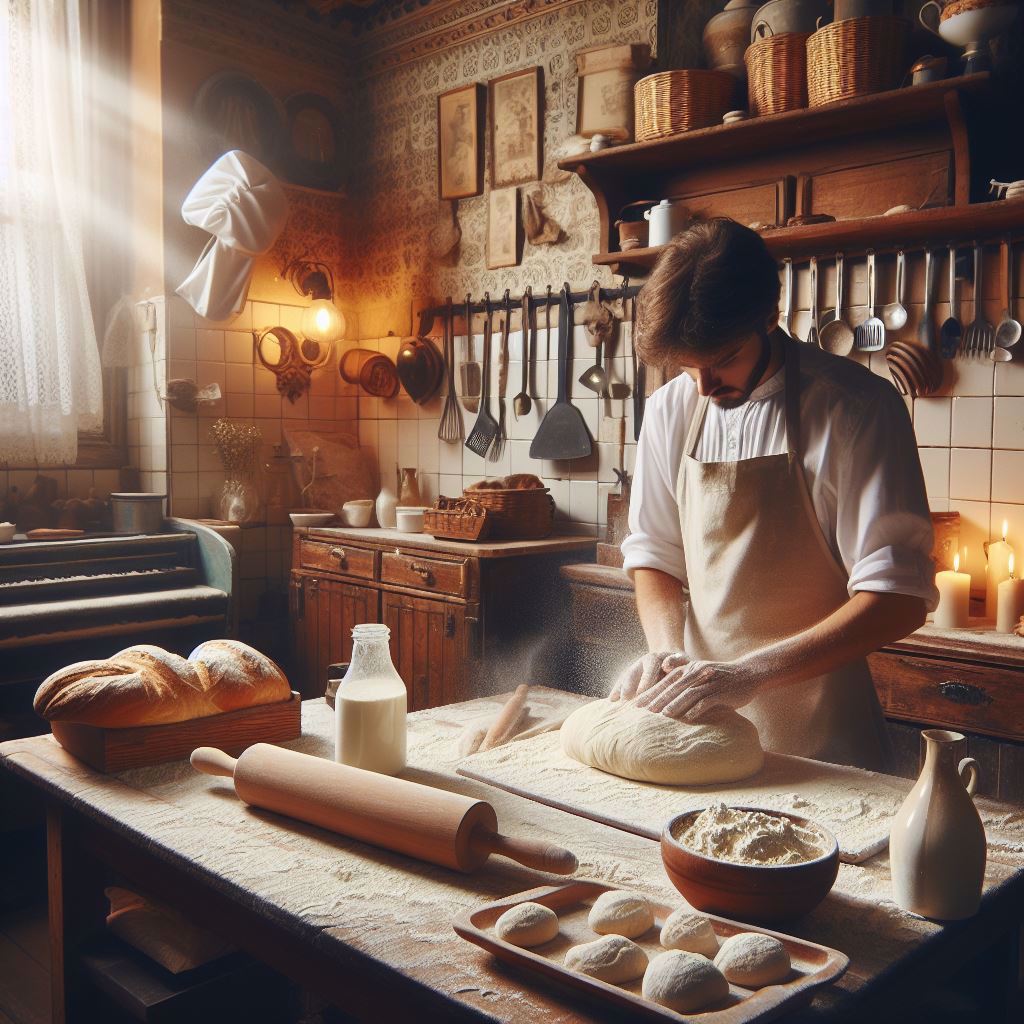
Picture generated by Copilot (AI)
Since 1978, we make the valuable machines for Bakery Shops, Pizza Shop, Fast Food Shop, Restaurant and Hotels. We always listen to customer's requirements and serve them customized machines for help.
Dough Mixer, Dough Divider Rounder, Pastry Sheeter, Proofer, DeckOven, Rotary Oven, Convection Oven, Bread Slicer, Display Cabinet, Commercial Refrigerator and baking tools etc.
Pizza Dough Mixer, Dough Divider Rounder, Pizza Sheeter, Conveyor Oven, Deck Oven and Pizza bags, cutters, peels, trays etc.

Bread & Pizza Machinery Manufacturer
Call now : +886-4-2520-4836
SKYPE : atbake

Picture generated by Copilot (AI)

Choosing the right dough mixer is crucial for every baker. Planetary and spiral mixers are the two main types, each with distinct advantages. Planetary mixers are versatile, suitable for various dough types and smaller batches. Spiral mixers, on the other hand, excel in handling large volumes of dough, ensuring optimal gluten development. Understanding these differences is key to optimizing your bakery's production. Explore our comprehensive guide to make an informed decision for your baking needs!

Picture from Unsplash
ATLAS STAR MACHINERY CO., LTD.
886-4-25204836~7
886-4-25279480
tw.atlasstar@gmail.com
No.533, Dongbei St., Fongyuan Dist., Taichung City Taiwan
http://atlasstar.en.alibaba.com
